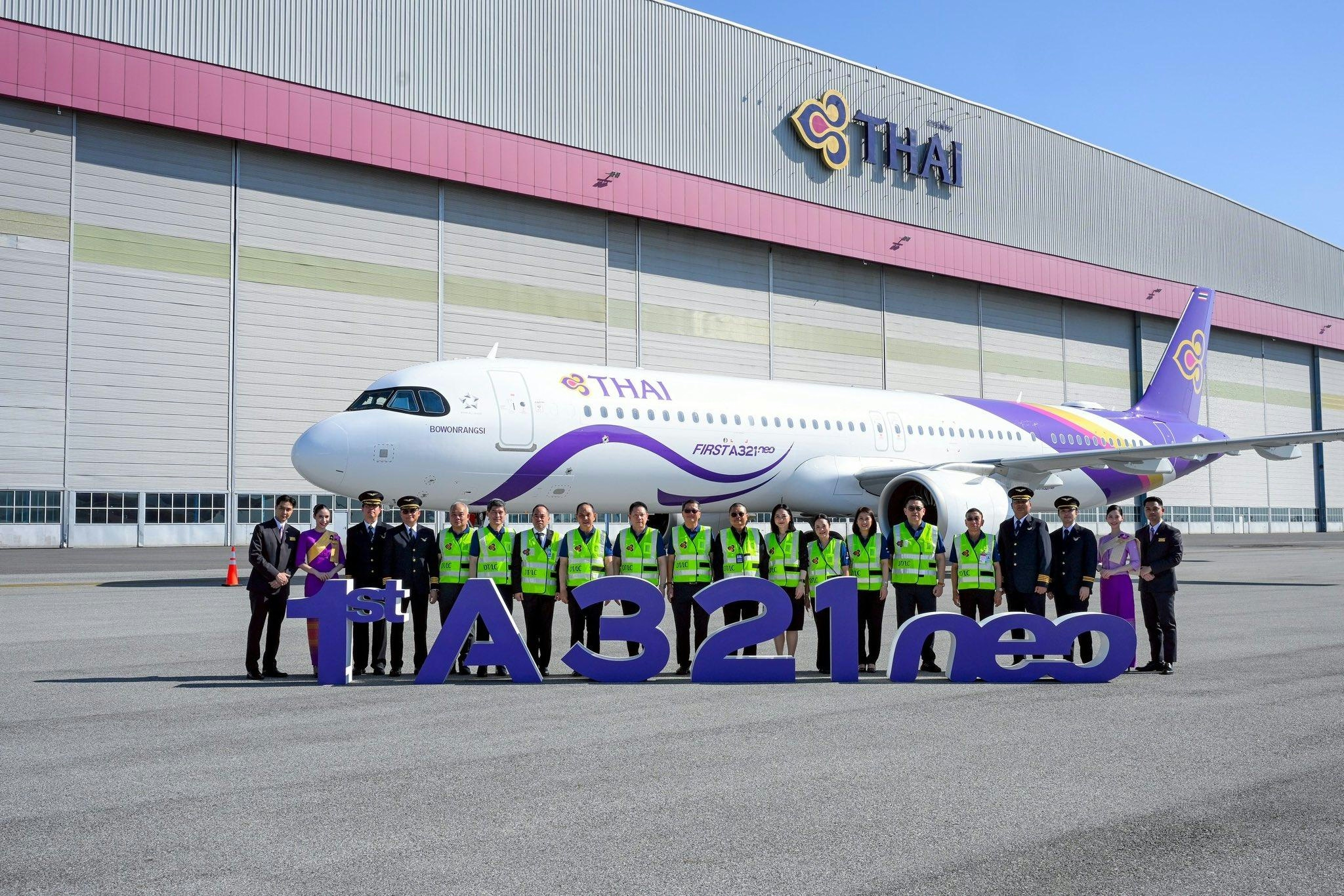
AeroGenie — 您的智能副驾驶。
热门趋势
Categories
Air Peace’s Dry-Lease Agreement Aims to Improve Nigeria’s Tourism Access
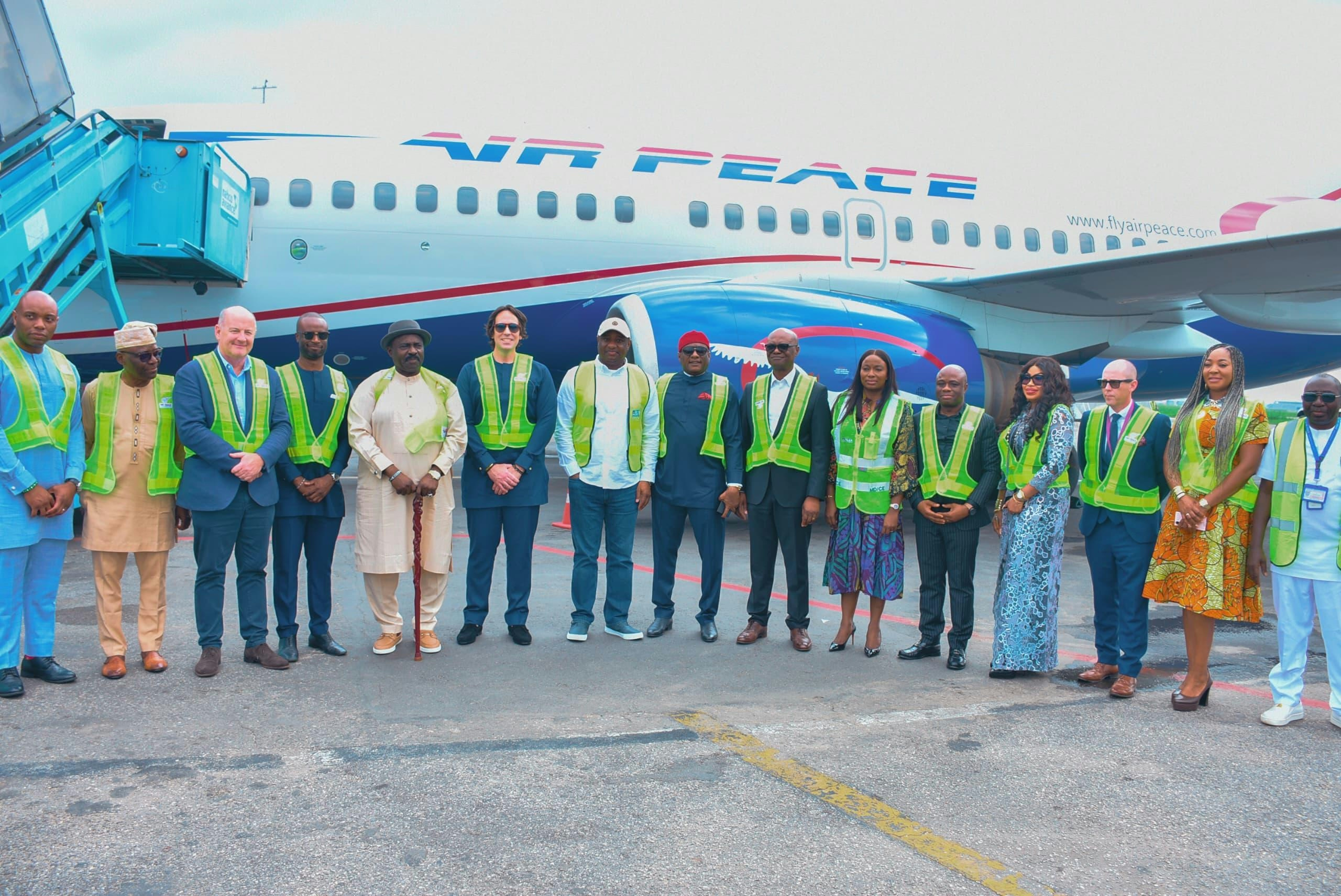
Air Peace’s Dry-Lease Agreement Aims to Improve Nigeria’s Tourism Access
A Strategic Shift in Nigeria’s Aviation Sector
Nigeria’s aviation industry has reached a pivotal moment with Air Peace’s recent acquisition of a Boeing 737-700 NG through a dry-lease agreement with AerCap Holdings. This development, lauded by Aviation Minister Festus Keyamo, represents a strategic move toward enhanced operational efficiency and cost reduction. By opting for a dry lease, which provides only the aircraft without crew, maintenance, or insurance, Air Peace assumes full control over its operations, distinguishing this arrangement from the more prevalent and costly wet leases. This marks the first time in a decade that a Nigerian airline has secured such an agreement, signaling a potential transformation in the country’s aviation leasing practices.
The shift away from wet leases is expected to significantly lower operational expenses for Air Peace. These savings could translate into more affordable airfares, thereby increasing the accessibility of air travel within Nigeria. The move is particularly significant for the nation’s growing tourism sector, as reduced costs may encourage greater domestic and international travel, fostering a more competitive environment among Nigerian carriers.
Implications for Tourism and Market Dynamics
The potential benefits for Nigeria’s tourism industry are considerable. Lower operating costs can enable airlines to offer more competitive ticket prices, which in turn may stimulate demand for travel to key destinations such as Lagos, Abuja, Calabar, and notable natural attractions including Olumo Rock and Aso Rock. Enhanced connectivity and affordability are likely to attract a broader spectrum of tourists, supporting the expansion of tourism infrastructure and related economic activities.
Nevertheless, the dry-lease agreement presents several challenges. Air Peace must secure complex regulatory approvals within Nigeria and ensure adherence to international aviation standards. The financial success of the arrangement remains vulnerable to external factors such as volatile fuel prices and broader economic fluctuations. Market responses have been cautious, with some investors expressing reservations given the competitive pressures within Nigeria’s aviation sector. Rival airlines may respond by renegotiating their own leasing contracts or investing in fleet upgrades to maintain their market positions, underscoring the necessity for careful financial management and strategic alliances.
Regional Significance and Future Prospects
On a broader scale, Air Peace’s initiative positions Nigeria as a frontrunner in African aviation, with the potential to enhance intra-continental travel and reinforce the country’s status as a regional hub. The success of this dry-lease model could serve as a benchmark for other African carriers seeking to optimize cost efficiency while maintaining high service standards. As Nigeria’s aviation sector continues to evolve, this development may play a crucial role in advancing both the industry and the nation’s tourism ambitions.
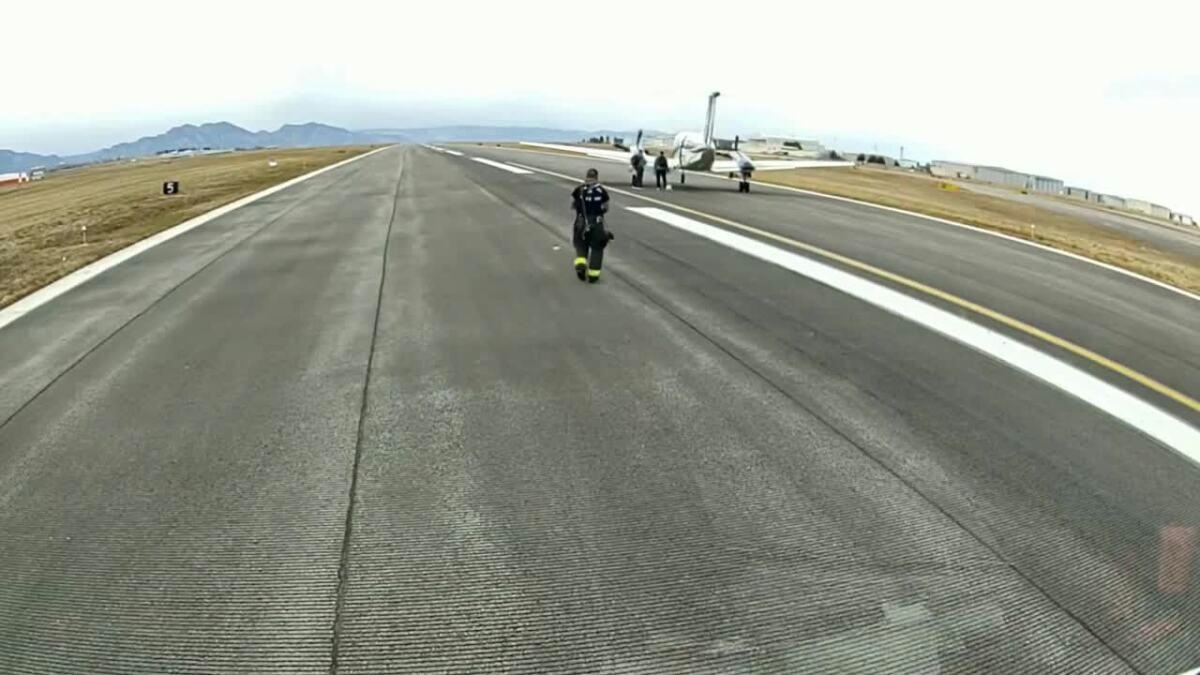
Garmin Autoland Enables First Real-World Emergency Automated Landing
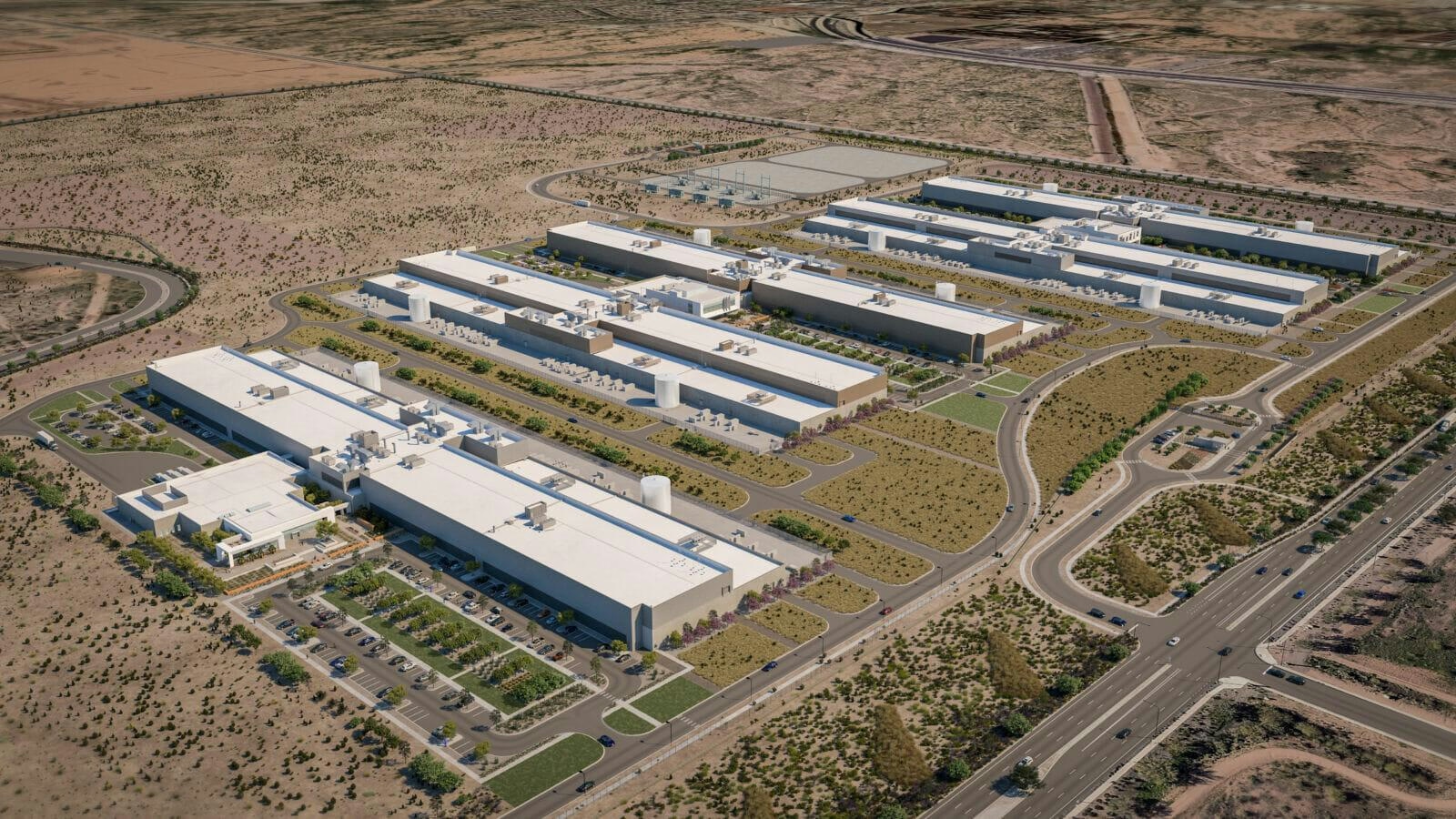
Phoenix to Join Major U.S. Cities in Adopting New Travel Technologies by 2026

Ethiopian Airlines Introduces Full Strip-and-Paint Process for Airbus A350-900 Fleet

Airlines with the Largest Airbus A350 Fleets in 2026
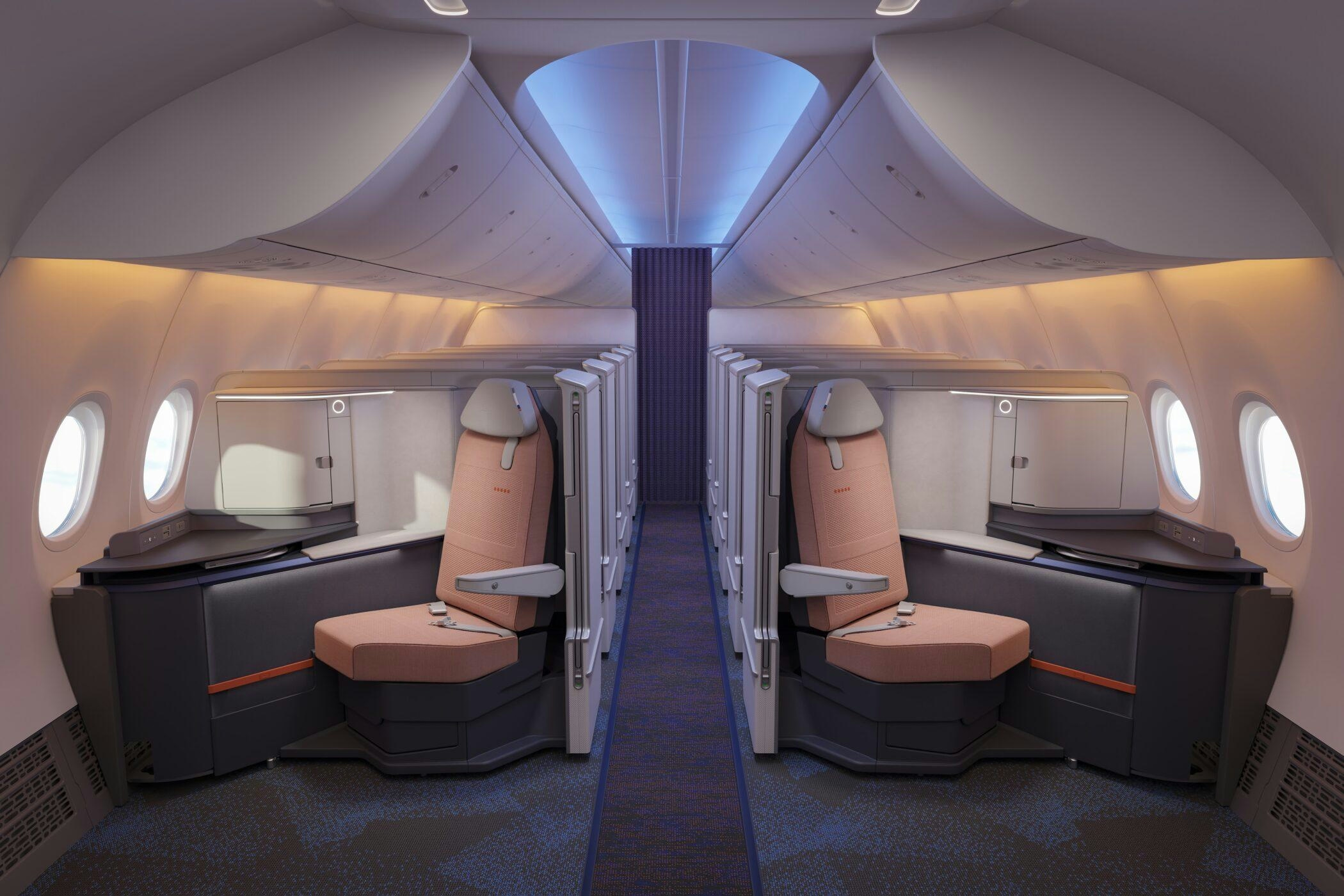
Saudia Introduces New Business Class on Airbus A321XLR

Etihad Airways Wins Over 25 Awards at 2025 Global Travel Ceremony
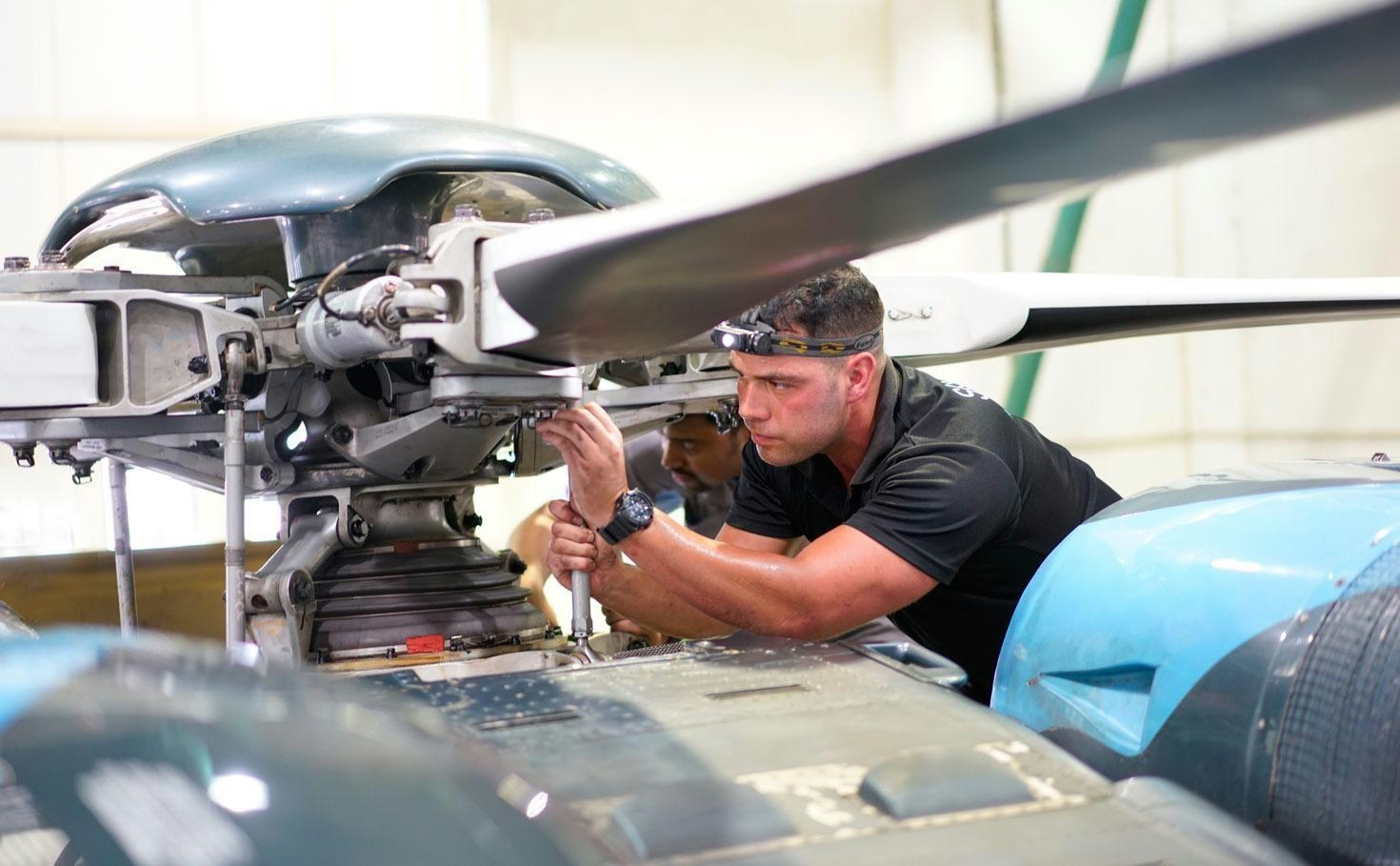
Companies Producing Diesel Airplane Engines Face Questions About Safety and Performance

Explained: How GE Became a Jet Engine Manufacturer
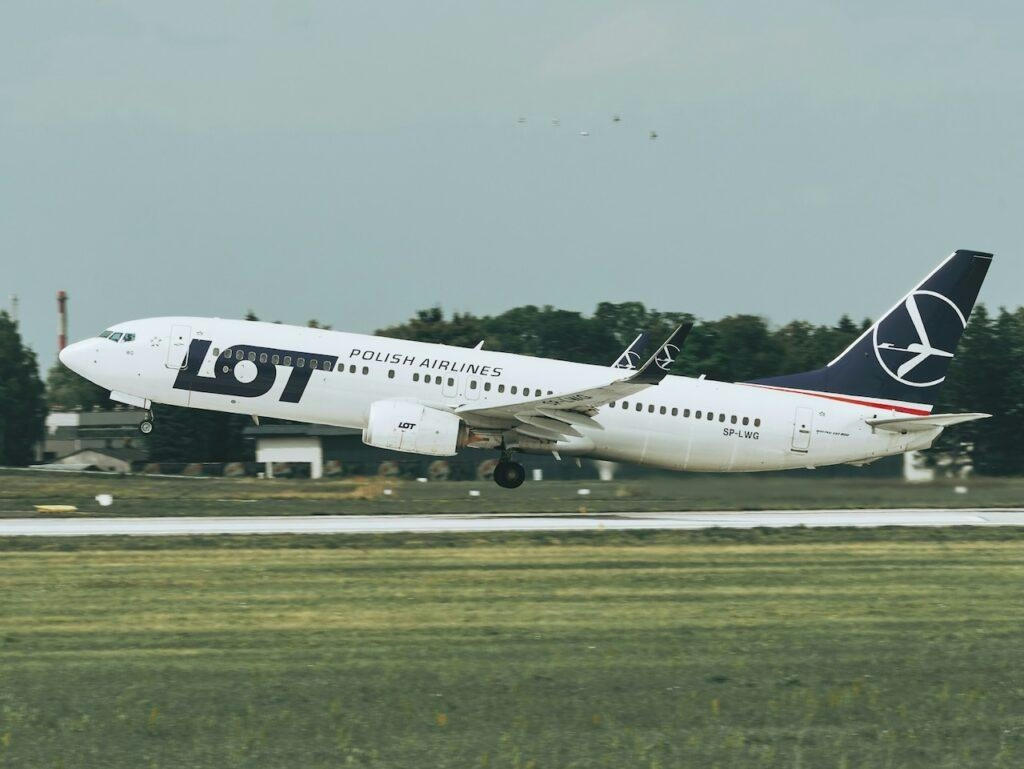
Aviation Capital Group Delivers Boeing 737 MAX 8 to LOT Polish Airlines
